


Doing business in Europe is looking a whole lot more uncertain than it did just a year ago.
The UK’s vote to quit the European Union last June could be just the first of political upsets that push up business costs, while the uncertainly of London still being a global financial hub after Brexit means companies have been left guessing where would be best to set up shop.
Verdict, in association with GlobalData Cities, has crunched the numbers — looking at a range of things from the availability of office space and talented employees, to transport links and access to markets — to identify the best cities in Europe to do business.
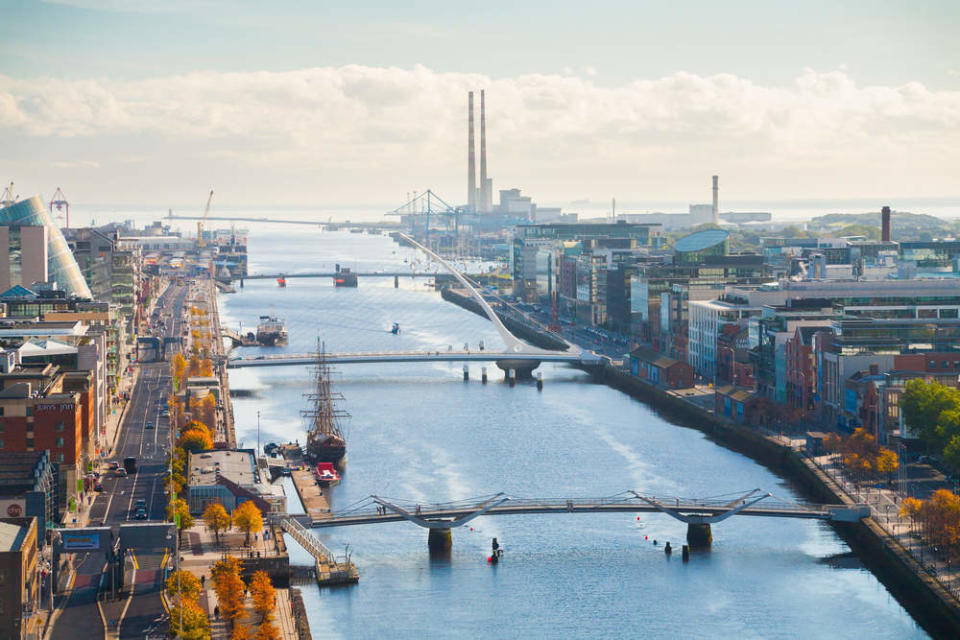
Dublin has eased its way into the top ten almost for one reason alone: Brexit.
With Ireland being Europe’s fastest growing economy; its capital city, Dublin is at its economic heart. Citibank, Lufthansa and Accenture are all based in the city and the UK’s exit from the European Union has already triggered a wave of big financial giants setting up satellite offices in the city and maybe even going so far as to move their headquarters as well.
Dublin’s compact size means that it is easier for business to be conducted across the city and the airport is a short, six mile hop from the city centre and a well-developed road and rail network connects the region to the rest of the country. There is also ample room for the city to grow.
Another factor is Ireland’s corporate tax regime.
It offers both domestic and international companies located in Dublin a competitive edge. A corporate rate of 12.5 percent and research and development credits of 25 percent mean Dublin is a an enticing choice for many small, medium, and large companies.
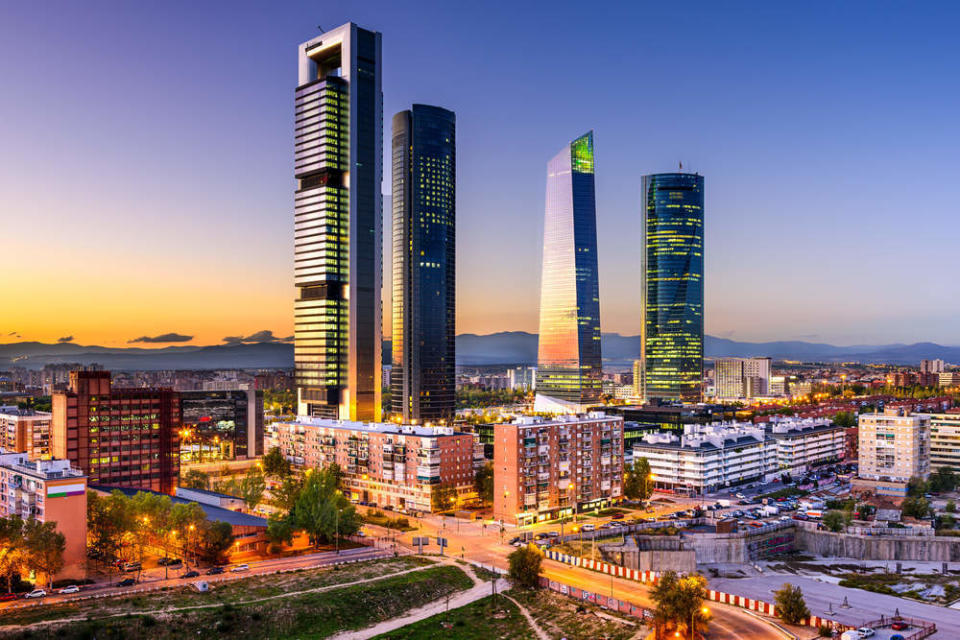

Madrid, a major European capital, has the facilities and infrastructure to match.
The vibrant city has recently rebounded struggled through Spain’s recession, though even during the financial crisis, business travel to the city remained relatively steady.
This diverse city has an eclectic mix of business at its core, from banking to textiles. Old world money and a booming tourist economy have helped the city retain its prosperous outlook, even while the rest of the country has endured recession.
Despite Madrid’s prosperity it’s unlikely to be much of a pull for many financial services companies considering moving away from London in the aftermath of Brexit.
Madrid’s Madrid Barajas International Airport, is one of the busiest in Europe.
Milan is one of the European Union’s major financial and business centres.
The city, in the north of Italy, was less affected by the 2008 global crisis than most parts of the country. Now it is one of several cities in Europe hoping to pick up some of the spoils should London’s financial institutions shift their operations elsewhere post-Brexit.
The city is already Italy’s financial hub.
It is home to the country’s main stock exchange and Bocconi University, one of the top-rated universities for business and finance in Europe, which help provide a pool of talent. The government has floated the idea of offering passports to Bocconi students from outside the EU.
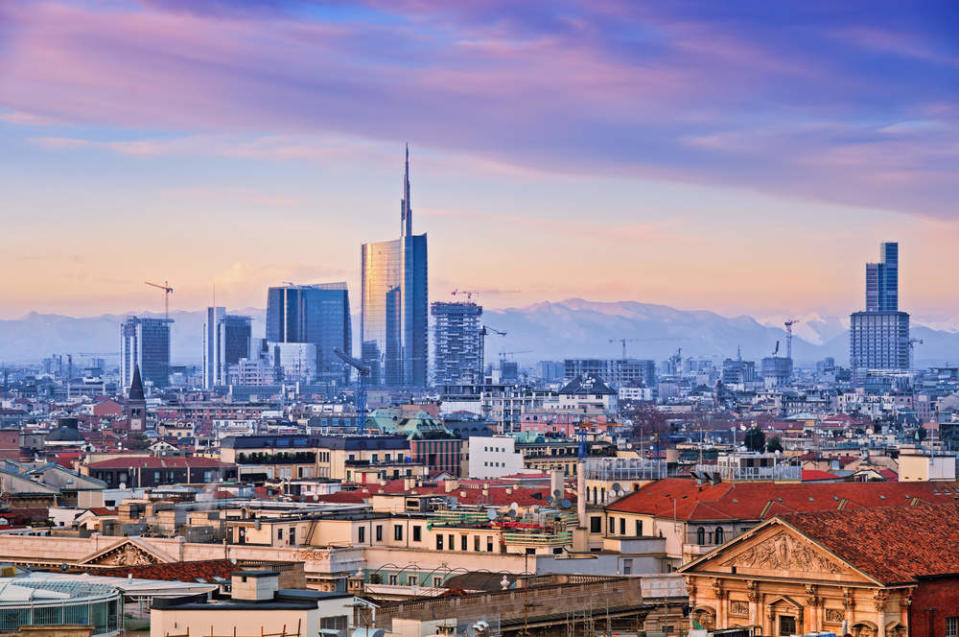

Brussels may not have the majestic landmarks of other European cities such as Paris and Rome, or Berlin’s edginess.
Yet thanks to its relatively low-cost property prices and high quality of life, Brussels is attracting more creative types and start-ups, and beginning to shake off its reputation as the grey man of Europe.
Meanwhile, there are already signs that London-based companies could set up shop in Brussels due to Brexit fallout.
The city’s property market has been relatively shielded from bubbles due to a high purchase tax of 12.5 percent, which deters rapid buying and selling.
Huge investments have been made in infrastructure, business and trade centres and elsewhere in a number of underprivileged neighbourhoods.
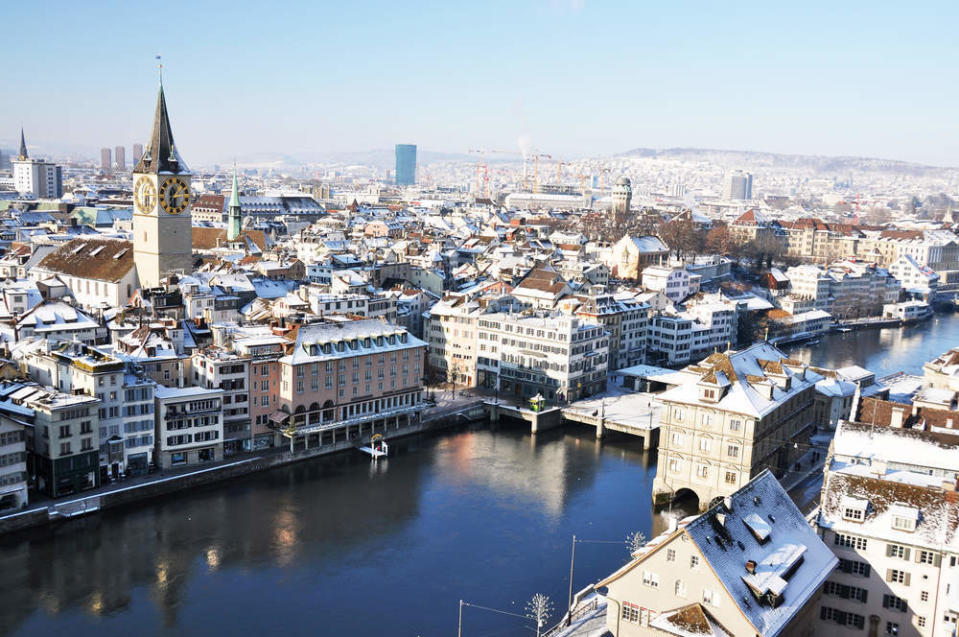

The BAK Economic Attractiveness Index placed Zurich at the top of nearly 200 regions thanks to its low taxes, ability to foster innovation and good accessibility.
The Swiss financial capital was named in June the city in the world with the best quality of life for the seventh year in a row by the Mercer consulting company.
The number of patents and scientific publications per capita is also well above the west European average.
Zurich boasts a university and technology institute which have been ranked highly in other international indices.
Stockholm has become a hub for technology development, attracting talent from all over the world.
Thanks to successful startups like Spotify, Skype and King, Stockholm has become a global tech and startup hub.
In fact, Stockholm has the most unicorns per capita in the world after Silicon Valley.
International investors increasingly scout the city for the next rising star as many new companies thrive in the creative soil of talent and entrepreneurship.
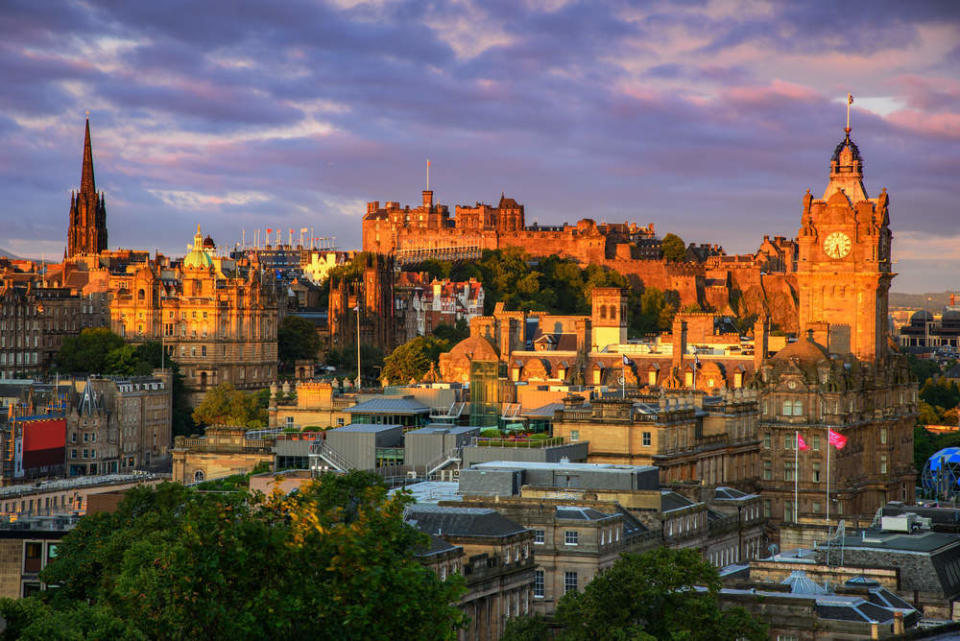

Scotland’s capital city and a thriving centre for science, technology and fast-growth start-ups.
Scotland’s capital city, Edinburgh, is home to some of the country’s leading science parks and research centres as well as a cluster of fast-growth businesses and emerging start-ups such as accounting provider FreeAgent, fashion brand Ness, food subscription box service Flavourly, and countless more.
Combined with its growing business community and vast number of start-up premises, Edinburgh also offers a good central point for travel and commutes to client meetings.
Scotland’s main airport Edinburgh International has 40 airlines travelling to 100 destinations, and Edinburgh is less than one hour’s drive away from the next largest city, and thriving start-up cluster; Glasgow.


Despite the Brexit vote London hasn’t fallen out of the top 10 yet.
There have been a huge number of reports of businesses, including the City’s key financial services firms, looking to relocate parts of their business to other EU cities die to last year’s Brexit vote.
While there have already been jobs moved, it seems unlikely big companies will withdraw from the UK capital on a large scale. This may change as the Brexit negotiations — due to begin next month — develop.
London’s transport links — boasting multiple international airports and rail links to Europe — are immensely valuable.
Meanwhile, many tech start-ups are opting to base their headquarters in London. The capital and its diverse boroughs are still popular among tech entrepreneurs, despite Brexit fears.
Croydon – now home to over 1,000 tech, creative and digital businesses – was last year named named the Silicon Valley of South London by UHY Hacker Young.
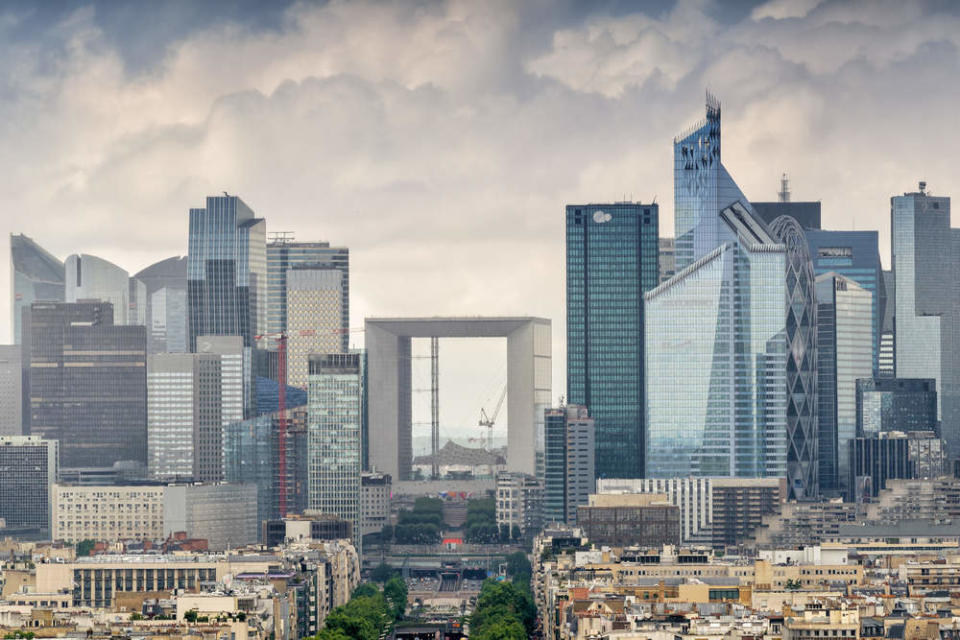

France is one of the most modern and highly-developed countries in the world, with one of the largest economies, and is a leader among European nations.
Its capital, Paris, employs more than 180,000 financiers, and is home to the region’s biggest bond market and boasts the second-largest pool of asset managers.
And it could lure as many as 20,000 workers from Britain’s finance industry with the exodus potentially starting within weeks as the UK begins its withdrawal from the European Union, according to Europlace, the French capital’s lobby group.
Outside of Brexit boons, the city’s cultural attractiveness adds some serious weight and its transport links also give it a boost.
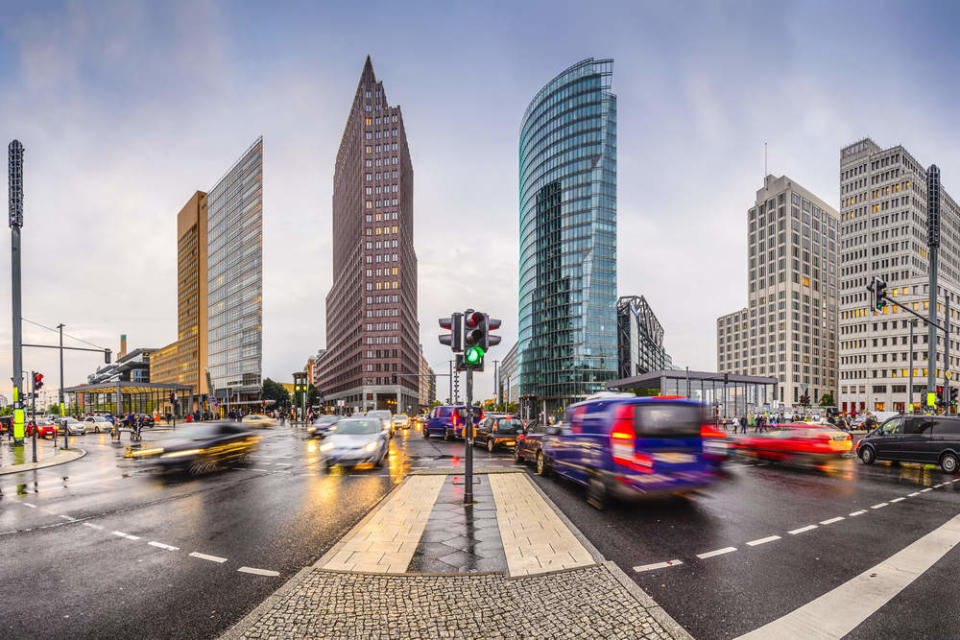

Berlin is the gateway to central and eastern Europe as well as the economic regions of western Europe.
For years, the Berlin economy has been on course for success: economic growth and increased employment are developing at a faster rate than the nationwide average.
This not only attracts more companies, but also draws in skilled professionals from all over the world.
With its central geographical location and excellently developed infrastructure, the German capital and its surroundings offer ideal conditions as a business location.
Berlin is one of the largest science centres in Europe with internationally renowned universities and research institutions.
The city’s intensive collaboration between science and industry is reflected in diverse networks and cooperation opportunities. Berlin has many modern technology centers and places with future locations with a science-related infrastructure – ideal locations for young and technology-oriented companies.
The high quality of life with a comparatively low cost of living, lively local life and international environment are some of the reasons for young entrepreneurs to realise their business ideas in this location.
As a result, the city has developed into a start-up hub with the highest levels of growth in in Germany in recent years.
Berlin is also likely to be one of the big wins as a result of Brexit and is lobbying hard to attract some of London’s financial giants.
“These are the 10 best cities in Europe to do business in 2017” was originally created and published by Verdict, a GlobalData owned brand.
The information on this site has been included in good faith for general informational purposes only. It is not intended to amount to advice on which you should rely, and we give no representation, warranty or guarantee, whether express or implied as to its accuracy or completeness. You must obtain professional or specialist advice before taking, or refraining from, any action on the basis of the content on our site.